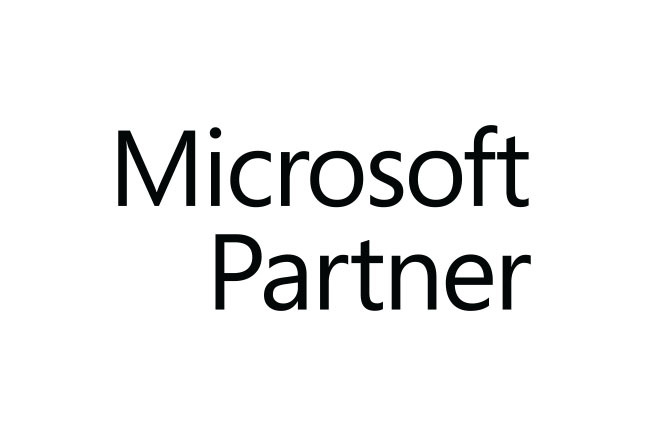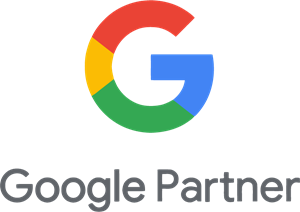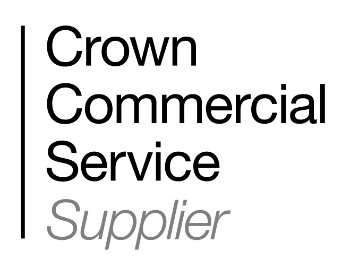Google hasn’t always been clear as to whether social media has an effect on ranking – they have always said that do not use social signals in their algorithm, however, they have also said that social media pages are indexed in the same manner as your average web page, therefore counting as links and affecting SEO.
So, what to believe? From our research, we would guess that whilst the impact social media has on SEO is not direct, there still is an impact, and therefore should be an area of focus in your SEO strategy. But how?
- Through building links to your site that are free and easy to create
- Increasing referral traffic to your site through social media promotion
- Increasing brand awareness so that Google recognises you as a credible industry source
- Your social media pages also rank for targeted search terms
Google+
Google+ isn’t always the first social media site that comes to mind, however, it is essential for businesses to have a page and doing so may get you ahead of the competition. Google consistently ranks businesses with active Google+ pages higher, so we would recommend frequently posting and interacting within the communities. It's also imperative (for all social media accounts) to have 'follow' buttons on your website, specifically in your header or footer to increase footfall to the page.
Twitter has seen some ups and downs in recent years, however, it has reported growth within the last year. You can’t doubt Twitter's popularity – tweets are frequently seen screenshotted and posted throughout other social media channels, including ground-breaking news stories that have been released before news outlets have managed to. Google has recognised Twitters influence and also use Twitter activity in their algorithm – whilst it may not be the strongest, it definitely helps. It also is a relatively quick and easy tool to use, tweeting a few times a day can take a short amount of time – engagement is also a must. Retweet customers or followers, reply to any queries they have and post external links – for example, blog posts from your site, increasing referral traffic.
Facebook is undoubtedly the most popular social media site, and Google has noted this by making it a strong factor in their algorithm. Google has actually confirmed that links on Facebook pages will help get a website added to a search engine quicker. Therefore, businesses should always have a Facebook page, especially those in the B2C sector where personal pages are more inclined to follow them. It's excellent to interact with customers through commenting and messaging, as well as promoting new products and services – however, be sure to mix content up with industry news or humorous content to prevent ‘over advertising’.
Also - don’t forget Instagram, Snapchat and Pinterest – these are great to show off creativity, especially for B2C companies and those with large followings. For B2B companies, focus on your LinkedIn profile – it can establish professional relationships and build your brand.




